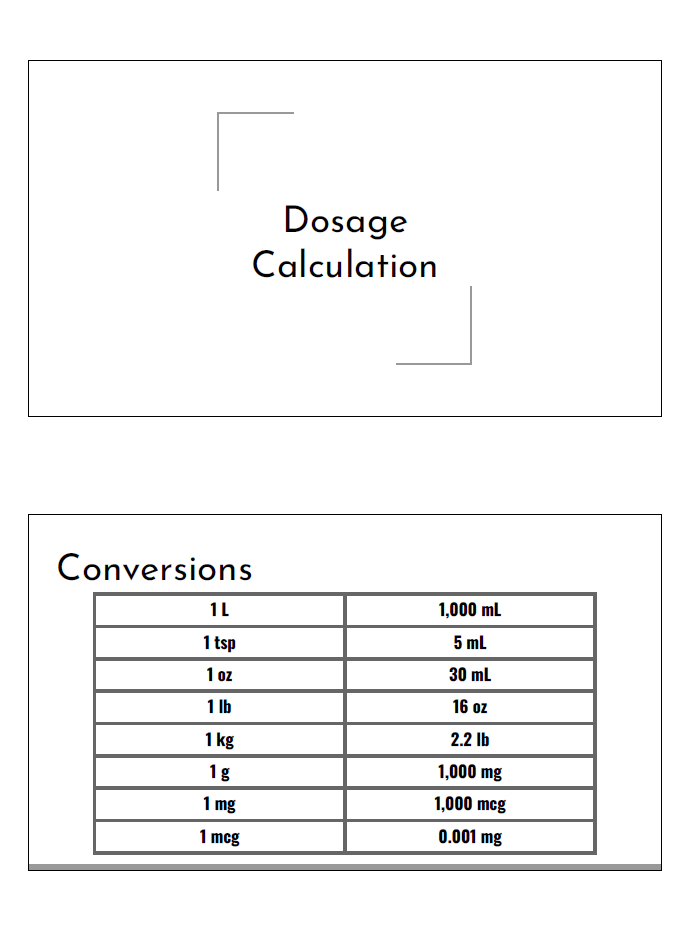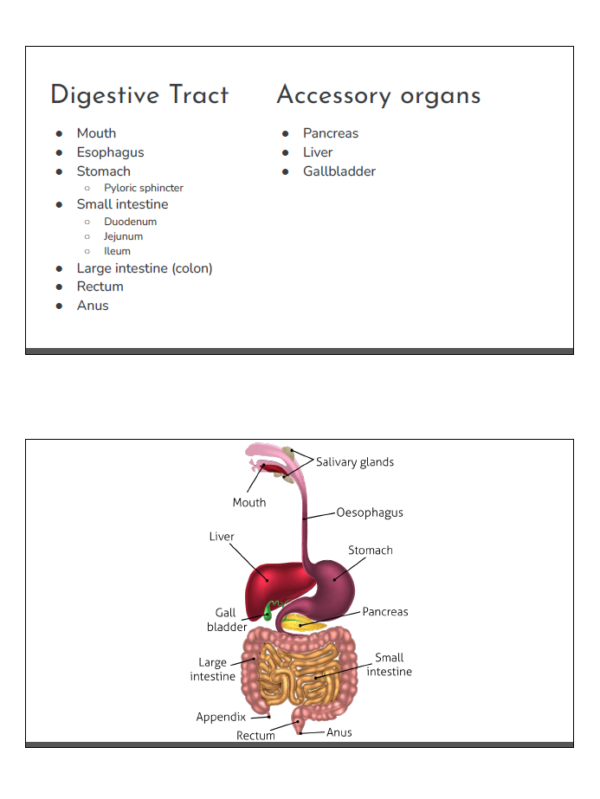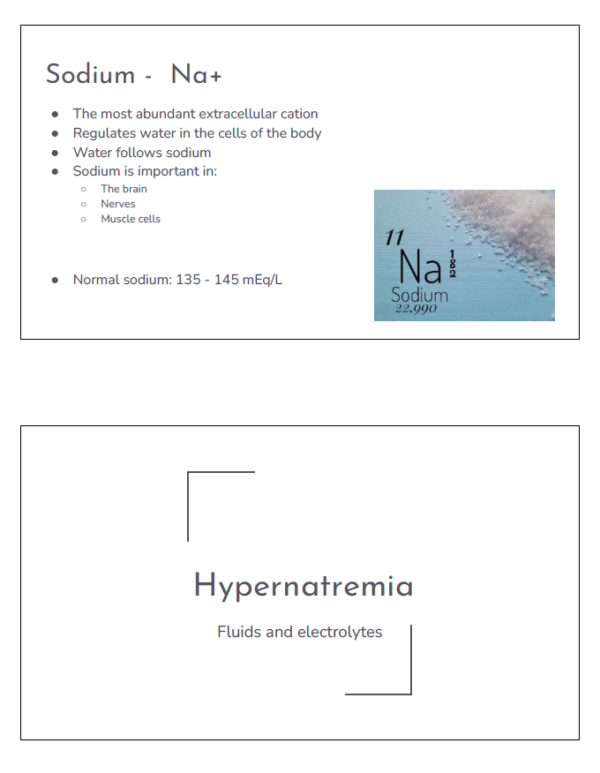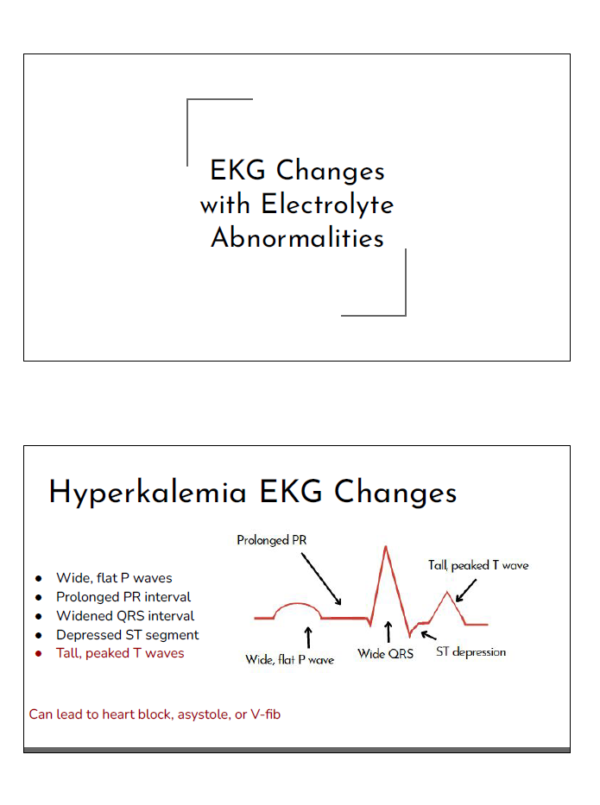“GTPAL Practice Worksheet: Mastering Obstetric History Calculations” has been added to your cart. View cart
Dosage Calculation: Essential Formulas and Practice for Safe Medication Administration
This document provides a comprehensive guide to dosage calculations, covering key concepts such as unit conversions, calculating medication doses based on weight, and determining IV drip rates. It includes step-by-step examples and NCLEX-style practice questions to reinforce learning. Designed for nursing students and healthcare professionals, this guide is an essential resource for mastering safe and accurate medication administration in clinical practice.
Preview document (- of - pages)
$2.50
- 100% Guaranteed Satisfaction
- Documents can be downloaded immediately
- No hidden fees
Specifications
School:
-
Course:
-
Subject:
-
Year of study:
-
Document
Section:
-
Made on:
October 5, 2024
Type:
.pdf
Pages:
-
Language:
English
Seller

You may also find these Examinations helpful
-
Growth and Development: Stages, Theories, and Milestones
Study Guides by NurseEducator on 05-10-2024This document provides an overview of key growth and development stages from infancy to old age, based on Erikson’s psychosocial development and Piaget’s cognitive development theories. It covers developmental milestones,... -
Gastrointestinal System: Anatomy, Disorders, and Pharmacology
Study Guides by NurseEducator on 05-10-2024This document provides a comprehensive overview of the gastrointestinal (GI) system, including its anatomy and key physiological functions. It covers common GI disorders such as GERD, gastritis, ulcers, Crohn’s disease,... -
Fluids and Electrolytes: Sodium, Chloride, and Potassium Imbalances
Study Guides by NurseEducator on 05-10-2024This document provides a detailed overview of the role and regulation of sodium, chloride, and potassium in the body. It covers the causes, symptoms, and treatments for conditions such as... -
EKG Changes with Electrolyte Abnormalities
Study Guides by NurseEducator on 05-10-2024This document provides a detailed overview of how electrolyte imbalances, such as hyperkalemia, hypokalemia, hypermagnesemia, hypomagnesemia, hypercalcemia, and hypocalcemia, affect EKG readings. It highlights key changes to watch for, such...



 26 Pages
26 Pages


